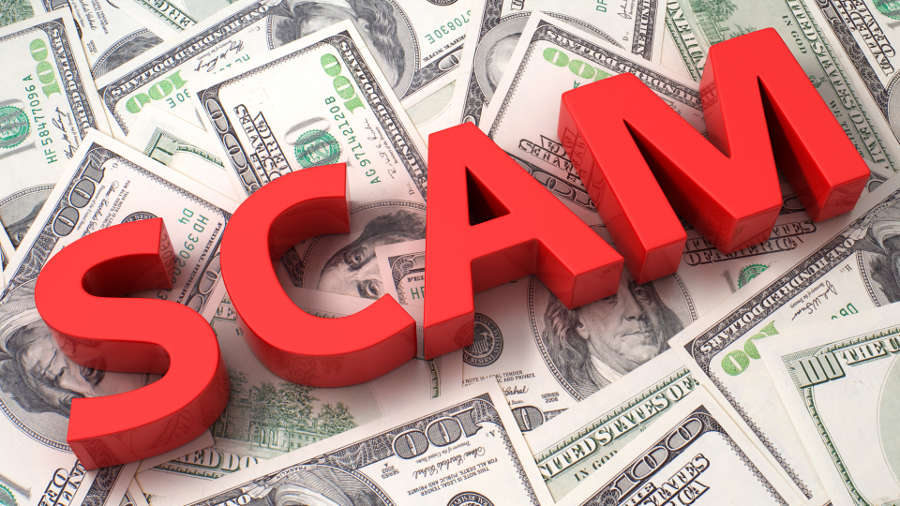Pengumuman
Info Pengguna
Polls
Kempen 3K
- Error
 |
 |
 |
| Monday, 26 April 2021 10:37 |
|
The industry regulator said this was coupled with the general public’s lack of understanding of the capital market, with many investors believing they could gain up to 31% returns if they joined the investment scams. “We saw a significant jump in complaints about investment scams between 2019 and 2020 with victims across all ages and backgrounds because such scams were conducted via social media, ” it said. It said complaints about such schemes climbed to 158% from 2019 to 2020, with most of them involving scams, unlicensed investment advice and unregistered digital asset platforms. In 2019, the SC received 212 complaints but this number jumped to 548 in 2020. So far this year, it has received 215 complaints. The SC believes scammers had taken advantage of people’s vulnerability to earn extra income during the pandemic. Some of the scams even promised 10-fold returns on their investment within 24 hours of investing. However, the SC said it was more concerned about clone firm scams, where fraudsters impersonate legitimate investment companies. “They would use fake certificates with fake logos of Bank Negara Malaysia and the SC. Some of them would go even further by saying the investment options are syariah-compliant and claim that it was the choice of many ustaz or preachers, ” the SC said. However, the fraud’s most telling sign is that its operators would insist money be deposited into a personal bank account instead of one belonging to a licensed intermediary. “This should raise alarm bells because no investment bank or licensed individual would require any investor to do that, ” the SC warned. The SC said investors should check for abnormalities in the messages they receive which promoted investment options. In one text message forwarded to the commission, scammers modified the logo of a legitimate investment app and included the wrong website and email address. On cryptocurrency investments, the SC said so far, only three digital asset exchanges platforms – Luno, Sinegy and Tokenize – have received SC approval and advised investors to use these platforms to be properly protected against any probable disputes or scams. Investors are recommended to check the SC’s Investor Alert List if they notice something amiss. In 2020, a total of 134 unlicensed activities have been included in the list and the SC has also worked with the Malaysian Communications and Multimedia Commission to block 78 websites promoting such schemes. It also advises the public to remember the acronym “Tipu” (cheat in Bahasa Melayu) to help them to look out for warnings of a possible scam whenever they are approached with an intriguing investment offer. Each letter in Tipu represents the trigger phrases or situations in Malay that conmen might use to dupe investors, such as “you cannot lose” or “a once in a lifetime chance”. Investors can also use the police’s Semak Mule online app on https://ccid.rmp.gov.my/semakmule to verify if a bank account or phone number has been used for fraudulent activities.
|
NCCC NEW OFFICE
| National Consumer Complaints Centre | |||||||||||
|
KonsumerKINI Feed
Rakan Kerjasama
  Persatuan Pengguna Selangor & Wilayah Persekutuan |

 Sunday, 25 Apr 2021
Sunday, 25 Apr 2021



